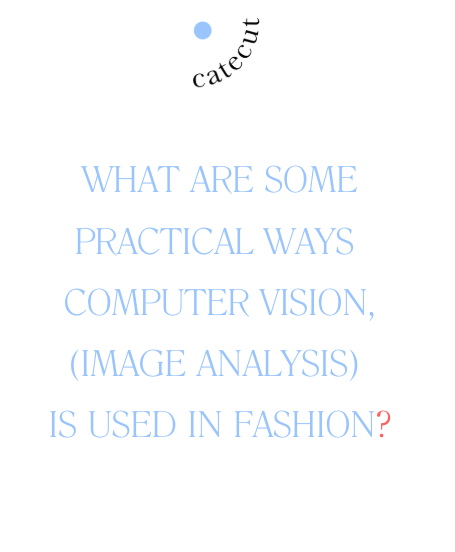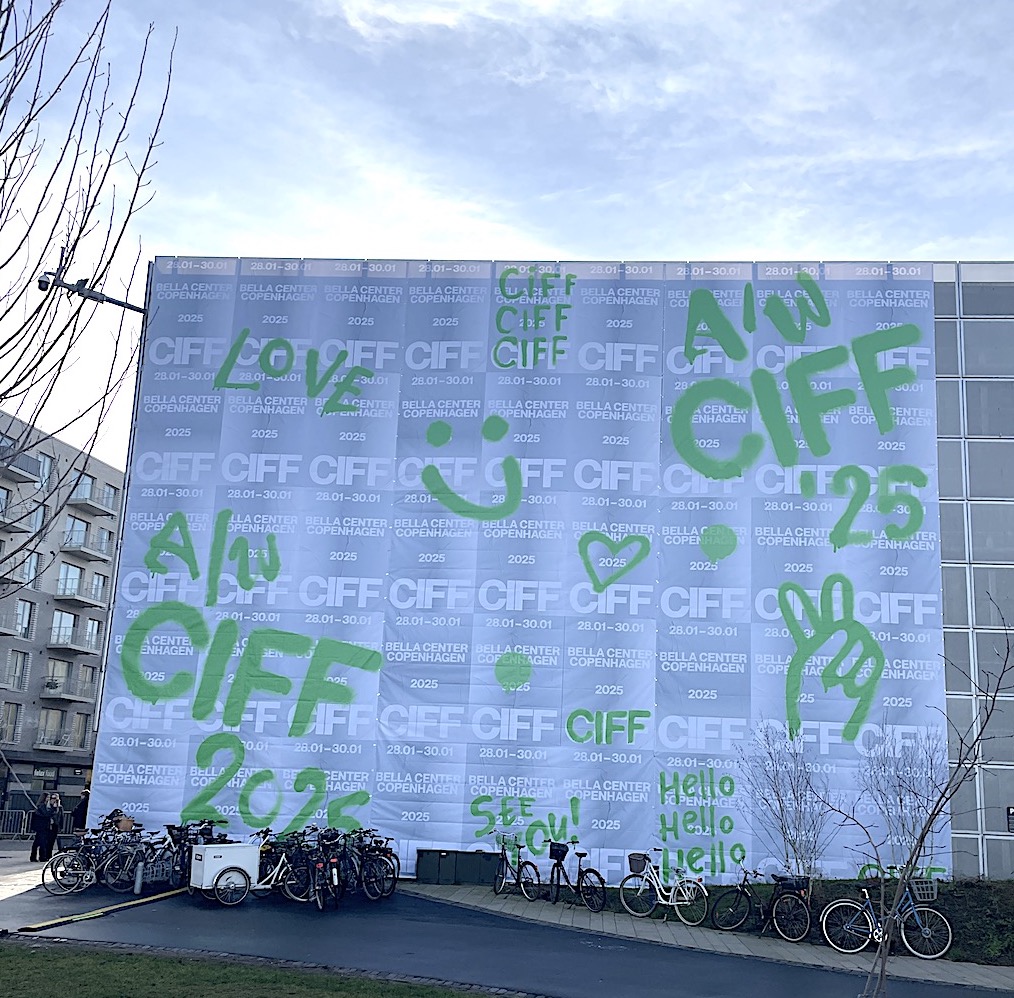Discovering 1200+ Brands at CIFF 25: Key Insights on Fashion and Retail Trends from the show floor: many brands and retailers still manually input data or rely on basic descriptions provided with their Shopify setup.
This is where our custom AI models excel. Retailers send their product images via API or other methods, and our AI models analyze, tag, and categorize each item, sending this information back to retailers to enhance their product descriptions (in multiple languages!), boosting on-site filtering and search, as well as SEO/GEO to attract new traffic.





